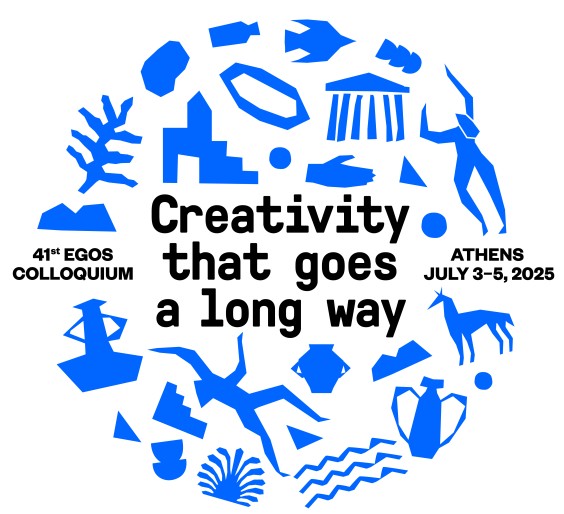42nd EGOS Colloquium
Bergamo 2026
University of Bergamo, Italy
July 7–8, 2026: pre-Colloquium workshops/events
July 9–11, 2026: main Colloquium (online)
43rd EGOS Colloquium
Liverpool 2027
University of Liverpool Management School, UK
July 6–7, 2027: pre-Colloquium workshops/events
July 8–10, 2027: main Colloquium
44th EGOS Colloquium
Winterthur 2028
ZHAW School of Management and Law, Switzerland
July 4–5, 2028: pre-Colloquium workshops/events
July 6–8, 2028: main Colloquium



